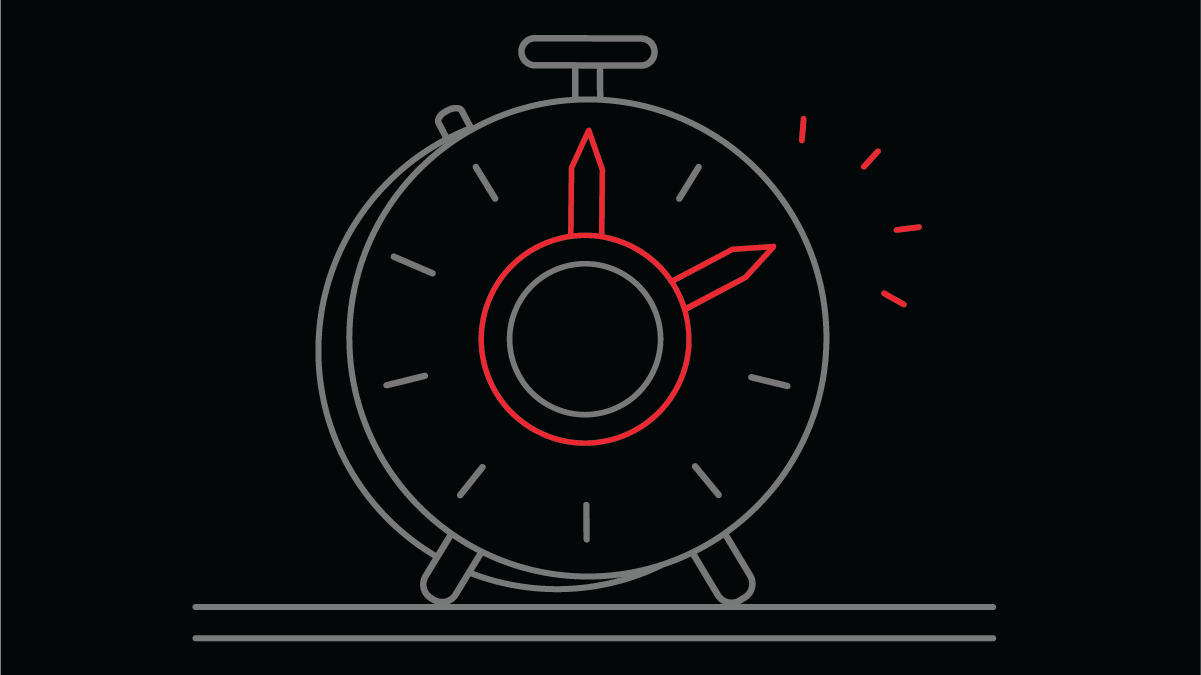Each week, Padilla’s Insights + Strategy team stands at the intersection of people, culture and brands to bring you five stories that you can read in five minutes.
1. Wage gap on play for game night
Monopoly has launched a new “Ms. Monopoly” where female players are paid more than men. Why should you care? In a time where discussions on female empowerment are front and center, Hasbro set out to find a way to help explain the wage gap. Games are often a great way to explain complex or abstract concepts and build empathy without feeling like a lecture. So long as it doesn’t fall into tropes or stereotypes, “Ms. Monopoly” seems like a great way to help people to understand the wage gap. [USA Today]
2. Multi-sensory theater as advertisements
IKEA will be hosting an immersive theater experience in New York City where sound will be used to change perception of what room the participant is in. Why should you care? The primary purpose of the experience is to show off IKEA’s new partnership with Sonos. However, in an already rather immersive store experience, “The Sound Affect” is an interesting way to emphasize their sound systems which could otherwise easily be lost between the Swedish meatballs and impressive furniture configurations in microscopic apartments. Not to mention, their description of the event, where “participants discover how sound impacts their emotions and surroundings as they lose themselves in a multi-sensory narrative led by sound” is nothing short of intriguing. [Timeout]
3. Seeking more inclusive nomenclature for historical periods
The Amsterdam Museum has announced they will no longer use the widely-recognized “Dutch Golden Age” to describe art and history of the 17th century. Why should you care? The Amsterdam Museum decided to make this change because they felt, due to the power dynamics of the period, calling it the “Golden Age” created a one-sided, exclusive narrative. They felt that in choosing not to use this description, it will allow them to create more inclusive exhibits in portraying experiences outside of those in power during that time. As legacy companies and institutions seek to acknowledge the past while also moving forward, they may consider following in this museum’s footsteps and not be afraid to abandon established terms as they refresh their brand. [Lonely Planet]
4. Turning to user input over algorithms
Yelp is now offering customized search results based on personalized preferences set by the user. Why should you care? In the era of individualization this is arguably “novel” because they aren’t “guessing” based on an algorithm, they are asking users for input. We’ve seen a couple of other brands recently introduce initiatives that either call for direct user input or use humans, instead of algorithms, to make recommendations. While algorithms have their place (and Yelp is still using them to make recommendations based on user preferences), we may be seeing a swing back where companies reintroduce human interaction. [The Verge]
5. Potty talk and employee engagement
As part of a series on “office life,” The New York Times included a piece on women’s unspoken bathroom habits. Why should you care? This is the convergence of a couple of trends we’ve been monitoring over the last couple of years: open discussion of once taboo topics and greater exposure to the female experience. What this article articulates particularly well is how office experiences and designs, especially when coupled with unspoken female etiquette and expectations, create different challenges for women in the workplace. For any brand working on improving office culture and employee engagement, this is a great reminder of the importance of diverse input in making updates. [The New York Times]
For more insights on communication and brand strategy, industry trends and more, subscribe today to the Weekly Buzz here.
